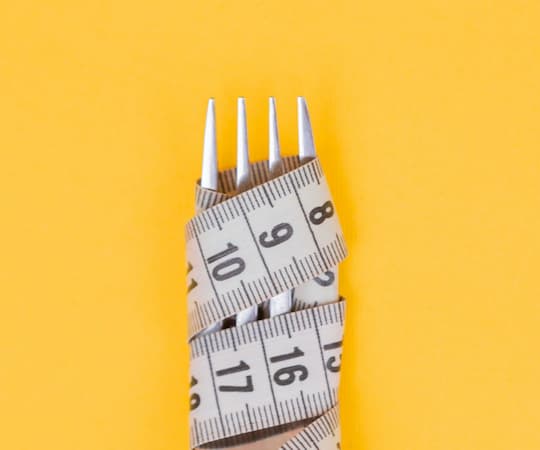Belly fat reduced by 11 percent in just one week.
A very low calorie or ‘crash’ diet can lead to losing 5 percent of body weight in just one week, research finds.
The diet can also reduce belly fat by 11 percent across the first week.
People in the study went on a crash diet, involving eating just 600 to 800 calories per day.
This is around one-third, or less, of the recommended daily intake of calories.
To achieve this calorie intake, people often replace normal meals with shakes, soups and bars that are specially formulated.
In addition, crash diets involve drinking a lot of water, milk and possibly taking fibre supplements.
However, people with heart problems should be wary of rapid weight loss as it can reduce heart function initially, the researchers found.
Dr Jennifer Rayner, the study’s first author, said:
“Crash diets, also called meal replacement programmes, have become increasingly fashionable in the past few years.
These diets have a very low calorie content of 600 to 800 kcal per day and can be effective for losing weight, reducing blood pressure, and reversing diabetes, but the effects on the heart have not been studied until now.”
The study included 21 obese people who ate just 600 to 800 calories per day.
After one week they had lost 6 percent of their body weight, 11 percent of their visceral fat and 42 percent of their liver fat.
Set against this, fat content in the heart had increased by 44 percent, which led to a deterioration in heart function.
After the full eight weeks of study, though, heart function had returned to normal.
Dr Rayner explained:
“The metabolic improvements with a very low calorie diet, such as a reduction in liver fat and reversal of diabetes, would be expected to improve heart function.
Instead, heart function got worse in the first week before starting to improve.
The sudden drop in calories causes fat to be released from different parts of the body into the blood and be taken up by the heart muscle.
The heart muscle prefers to choose between fat or sugar as fuel and being swamped by fat worsens its function.
After the acute period in which the body is adjusting to dramatic calorie restriction, the fat content and function of the heart improved.”
Dr Rayner advises checking with your physician before starting a intense diet if you have a heart problem:
“If you have heart problems, you need to check with your doctor before embarking on a very low calorie diet or fasting.
People with a cardiac problem could well experience more symptoms at this early time point, so the diet should be supervised.
Otherwise healthy people may not notice the change in heart function in the early stages.
But caution is needed in people with heart disease.”
The study was presented at CMR 2018 in Barcelona (Rayner et al., 2018).

